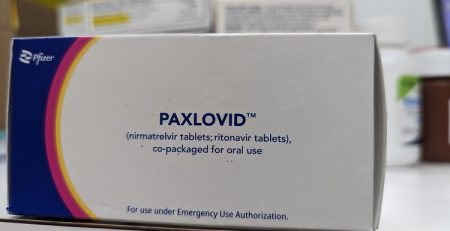Diabetics: Flu Shot & OTC Drug Safety
Managing Over-the-Counter Medications Safely with Diabetes During Cold and Flu Season
With diabetes, maintaining stable blood sugar levels is crucial for overall health. While over-the-counter (OTC) medications can help alleviate everyday ailments, they may sometimes interfere with diabetes management. During cold and flu season, it’s essential to understand how these medications interact with your condition and whether flu shots can have any notable effects.
Key Considerations for People with Diabetes
OTC medications can impact diabetics in three primary ways:
- Blood Sugar Fluctuations
- Decongestants and Antihistamines: These are commonly found in cold and allergy medications. They can cause blood sugar spikes due to the release of epinephrine, which raises glucose levels. If combined with diabetes medications, the risk of hypoglycemia may increase.
- Pain Relievers (Ibuprofen, Naproxen): These NSAIDs can interfere with diabetes medications, potentially causing fluctuations in blood sugar levels by promoting glucose production in the liver.
- Complications with Diabetes-Related Health Issues
- Kidney Health: Aspirin, often used to manage pain or reduce heart attack risk, can exacerbate kidney damage in people with diabetes, especially those with pre-existing kidney concerns.
- Cardiovascular Risks: Some OTC medications can affect blood clotting, increasing the risk of complications such as bleeding or clots.
- Interactions with Diabetes Medications
- Cold and Flu Medications: Many contain decongestants or antihistamines, which can spike blood sugar. Others, like acetaminophen, can interfere with the absorption or effectiveness of diabetes drugs.
- Laxatives: While useful for relieving constipation, laxatives may cause fluid loss, leading to hypoglycemia or reduced effectiveness of diabetes medications.
Flu Shots and Diabetes
Flu shots are a critical preventive measure during flu season, especially for individuals with diabetes, who are more susceptible to severe flu-related complications.
- Safety and Interactions: Flu vaccines are generally safe for people with diabetes. They do not interact with blood sugar levels or diabetes medications. However, some individuals might experience mild side effects like a sore arm or slight fever, which are unrelated to diabetes.
- Benefits: Getting vaccinated reduces the risk of severe illness, hospitalization, or exacerbation of existing diabetes-related conditions.
Keeping Track of Your Medicine Intake
Managing diabetes alongside other medications, especially during cold and flu season, requires careful organization. Keeping a record of your medicine intake helps ensure you’re taking the correct doses at the right times while avoiding harmful interactions. Use a medication tracker, a smartphone app, or a simple journal to note down all the medications you’re taking, including prescription drugs, over-the-counter remedies, and supplements. Be sure to include details like dosage, timing, and any observed side effects. This habit not only aids in maintaining blood sugar control but also provides valuable information for your healthcare provider, ensuring they can make informed adjustments to your treatment plan when necessary.
Tips for Safe OTC Medication Use
- Consult Your Doctor: Always check with your healthcare provider before starting any OTC medication. They can recommend safe options and help you avoid harmful interactions.
- Read Labels: Look for sugar-free formulations, especially in cough syrups or liquid medications.
- Monitor Blood Sugar Closely: Illness itself can raise blood sugar levels, and certain medications may compound this effect. Keep track of your levels more frequently during sickness.
- Stay Hydrated: To prevent dehydration and maintain electrolyte balance, especially if using medications like laxatives or dealing with flu symptoms.











Leave a Reply
You must be logged in to post a comment.